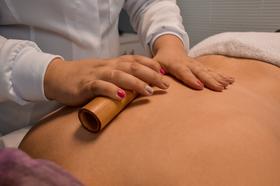It may seem odd that with so many quality boarding schools in the USA that any American high school student would look north of the border to enhance their education. What could possibly motivate young Americans to venture to Canada for high school? Well, the many brave souls who have begun this voyage of discovery have quickly realized the merits of such an option. Consider some of these points that our current American families know, and prospective families might want to consider, about a Canadian boarding education:
You are not alone. There are many Americans in Canadian boarding schools (for instance, nearly 10% of the entire boarding population at my school, Brentwood College School, are from the USA!).
Rolling Admissions
For the most part, there are no specific application deadlines in Canada. You can pretty much visit any school at any time of the year and, if you are a good candidate and there are still spaces available, you could be offered a place without waiting until March or April. Most schools will even allow you to wait until you find out if you are accepted to some American schools in the spring to make a decision. It does take the pressure off families that simply want to know if they are accepted.
This video gives us an overview of Bishops College School in Lennoxville, Quebec.
No SAT?
Americans may also




















